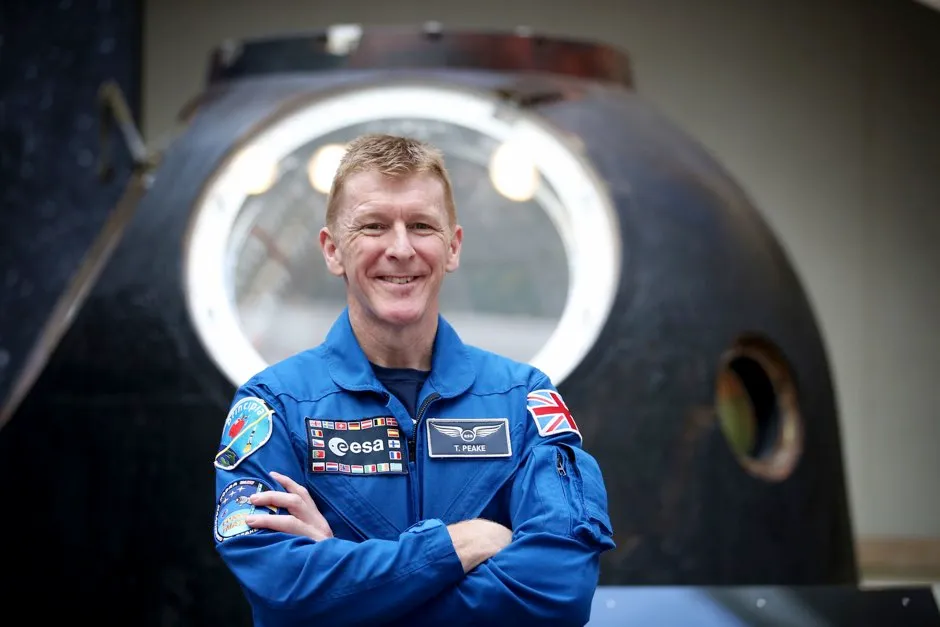The UK Space Agency has committed £374 million a year to the European space programme.
The funding will contribute towards international space initiatives to address climate change, deliver high-speed mobile technology and return the first samples from Mars.
The £374 million per year for five years will deliver international space programmes, with the UK Space Agency saying it is the UK’s largest ever investment in the European Space Agency (ESA).
ESA membership allows the country to collaborate with global space agencies on projects like the International Space Station and the ExoMars programme.The European agency coordinates the financial and intellectual resources of its 22 member states.
This enables them to participate in programmes and activities beyond the scope of any single country.
Member states are also able to choose which programmes to invest in, based on those that best meet their scientific, industrial and strategic priorities.
Read more about ESA's ExoMars mission:
The contribution, confirmed at the ESA ministerial council in Seville, Spain, will see the UK’s funding package for ESA rise to £374 million annually.
UK investment secures its involvement in building the Lunar Gateway – a new space station orbiting the moon, returning the first samples from Mars, and removing space junk to prevent collisions in space.
Other initiatives invested in are new satellites to help better understand climate change, research in space technology that will deliver high-speed mobile technology such as 5G and satellite broadband services, and an early warning system for solar storms.
Listen to Mark McCaughrean, senior advisor for science and exploration at ESA, talk about Europe's space exploration in the Science Focus Podcast:
Announcing the new funding package for ESA, Andrea Leadsom, Business, Energy and Industrial Strategy Secretary, said: “We are delighted to be making this investment in ESA today.
“From improving communication and connectivity, to helping us monitor the impact of climate change and protect our power grid, our membership of this international organisation will further our position as a space, innovation and climate superpower.”
The UK and all other member states supported a 10 per cent rise to the overall space science budget (the UK share is around £600 million) to increase the number and ambition of space science missions.
Read more about ESA:
During the two-day meeting, the UK also committed more than £200 million investment in Earth Observation, including a UK-led TRUTHS mission to help tackle climate change and the ESA Copernicus Space Component, which runs to 2028.
Following contributions from member states, the ESA re-confirmed that all astronauts from the class of 2009 – including Tim Peake – will return to the International Space Station before 2024.
The funding is committed in euros so is subject to foreign exchange rates. In total, ESA member states invested 14.4 billion euro towards its projects for the next five years.
Jean-Marc Nasr, head of space systems at Airbus said: “On behalf of Airbus, I would like to congratulate ESA and its member states for the very successful Council at Ministerial level held in Seville.
“We are already working on Copernicus missions, on Telecom programmes, on missions to the Moon and Mars. We will now concentrate on preparing successful bids to ESA as we want to continue to be ESA’s single most important partner.”
Astronaut Major Tim Peake has praised the Government's previous investment in research and development as he revealed his top science and education institutions in the UK to celebrate the National Lottery’s 25th birthday.

Major Peake said the benefits are seen in education, industry and business.
He added: “Actually, in terms of space industry, we’ve gone from strength to strength and are hoping to continue to do so.
“So, it is becoming more of a focus, and also the other point on this is things such as climate and technology are also coming to the forefront more than ever before.
“I think that slowly the governments are realising what our future is – whether it’s around autonomous vehicles, whether it’s around quantum computing, artificial intelligence, potential future energy sources such as nuclear fusion – if we don’t invest in R&D then we’re not going to reap the rewards of what potential that has to offer us in the future.
“And I think slowly that the Government is realising that and starting to invest a more appropriate amount.”